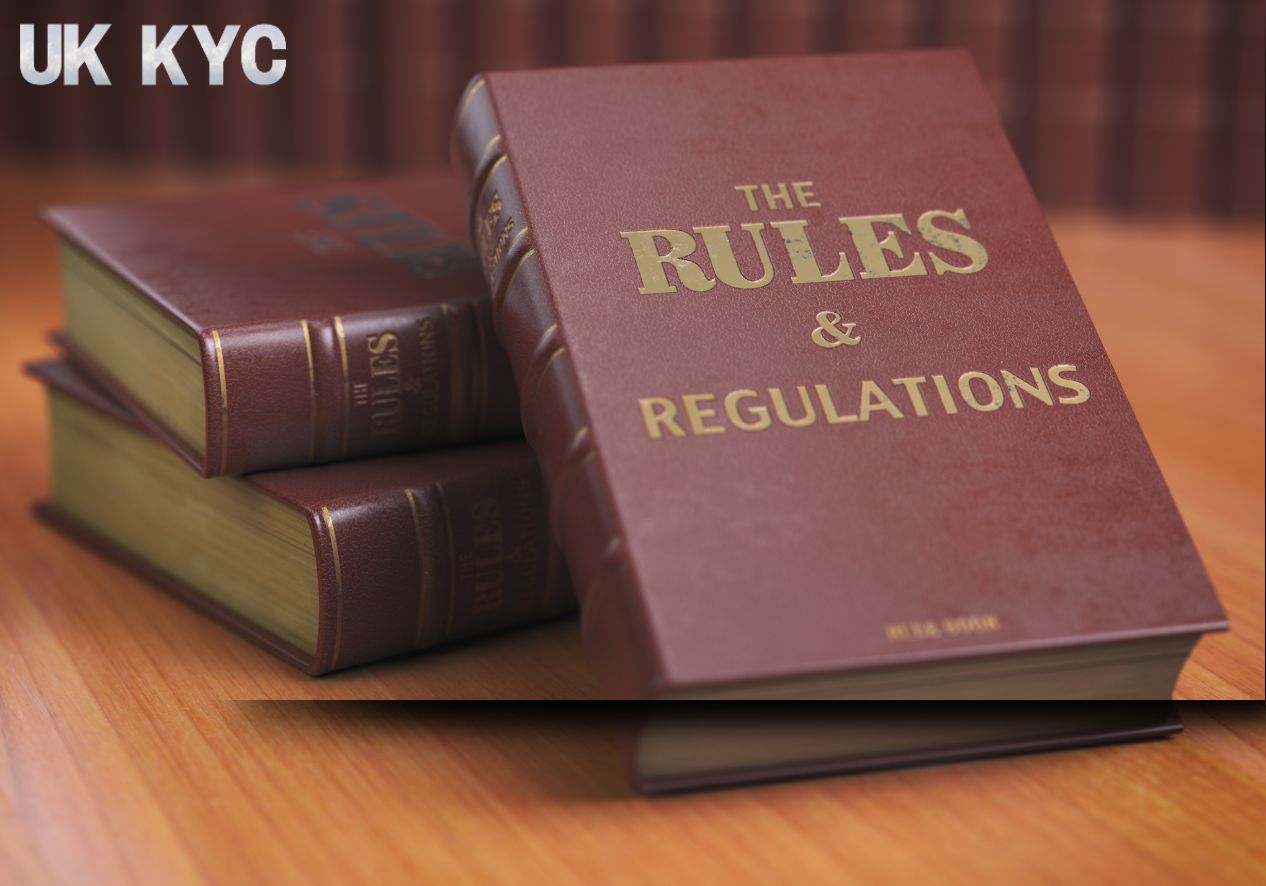In today’s rapidly evolving financial landscape, where technological advancements are changing the way we do banking, it’s more important than ever to maintain the integrity of the financial system and safeguard against financial crimes such as money laundering and terrorist financing. The United Kingdom has established a robust AML and KYC framework for its banking sector to address these challenges. In this blog, we’ll delve into the UK’s AML and KYC regulations, the specific KYC requirements, how these checks are conducted, the increasing use of automated technology for verification, and the benefits of utilizing the UK’s robust KYC and AML solutions for verification.
AML and KYC Regulations in the Banking Sector
The UK’s banking sector operates in a highly regulated environment, and AML and KYC regulations play a pivotal role in maintaining financial integrity. The primary objective of AML regulations is to detect and prevent money laundering activities, while KYC regulations are focused on ensuring that financial institutions know their customers in detail. These regulations are in place to reduce financial crime risks, protect the reputation of financial institutions, and uphold the stability of the entire financial system.
What are the KYC Requirements for Banks in the UK?
The Know Your Customer (KYC) requirements for banks in the United Kingdom are stringent. They are designed to prevent financial crimes, enhance transparency, and protect the integrity of the financial system. These requirements mandate that banks and other financial institutions must establish and maintain a robust KYC program that includes the following key elements:
- Customer Identification: Banks verify customer identity by collecting official identification documents and proof of address, such as utility bills or bank statements, to confirm the customer’s residence.
- Customer Due Diligence (CDD): CDD is a continuous process by banks to assess and categorize customers into low, medium, or high-risk profiles, with enhanced due diligence required for high-risk customers.
- Ongoing Monitoring: Banks continuously monitor customer transactions and account activities to detect unusual or suspicious transactions, which may indicate money laundering or other illicit activities, and report them to authorities.
- Enhanced Due Diligence (EDD): Banks are required to conduct enhanced due diligence (EDD) for high-risk customers, including PEPs and businesses in high-risk industries, involving thorough background checks and increased transaction scrutiny.
- Regulatory Compliance: UK financial regulators, Financial Conduct Authority (FCA) and Prudential Regulation Authority (PRA), mandate compliance with KYC requirements, requiring regular inspections and audits of banks to prevent financial crimes.
- International Sanctions Screening: Banks must screen their customers and transactions against international sanctions lists, ensuring they do not engage with individuals, entities, or countries subject to sanctions.

How to Conduct AML and KYC Checks in the UK
Conducting AML and KYC checks in the UK is a multi-step process. It begins with customer onboarding, where the institution collects customer information and conducts due diligence. This process may involve identity verification, screening against watchlists and sanctions lists, and risk assessment. Ongoing monitoring of customer transactions and behavior is crucial to identify any unusual patterns that may indicate money laundering or other illicit activities.
Maximizing the Use of Automated Technology in Verification for Banks
With the advent of technology, the banking sector has witnessed a surge in the use of automated solutions for AML and KYC verification. Computerized solutions offer efficiency and accuracy in customer identification and transaction monitoring. These technologies use artificial intelligence and machine learning algorithms to analyze vast amounts of data and detect suspicious activities in real time. They not only streamline the KYC process but also enhance the effectiveness of AML efforts.
UK KYC’s AML and KYC Solutions
Banks and financial institutions in the UK have increasingly adopted advanced AML and KYC solutions to meet regulatory requirements and enhance security. Businesses, financial companies and banking sectors partner with KYC solutions providers to verify their clients and ensure they are who they claim to be.
UK KYC is one of the most reliable KYC & AML solution providers in the UK. Consider UK KYC as your comprehensive suite of identity verification solutions for banks. These solutions include cutting-edge identity verification, biometric authentication, and transaction monitoring tools. By integrating these solutions into their operations, banks can significantly reduce the risk of financial crime, improve compliance, and provide a smoother experience for customers.
Conclusion
The UK’s AML and KYC framework for the banking sector is a proof of the nation’s commitment to financial integrity and security. By enforcing strict AML and KYC regulations, the UK ensures that its financial institutions are well-equipped to detect and prevent money laundering and other illicit activities. These regulations, combined with the rising use of automated technology for verification, offer a strong defense against financial crimes. As the economic landscape continues to evolve, the UK’s robust AML and KYC framework will play a crucial role in maintaining trust and stability in the banking sector.
